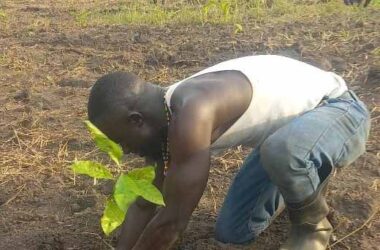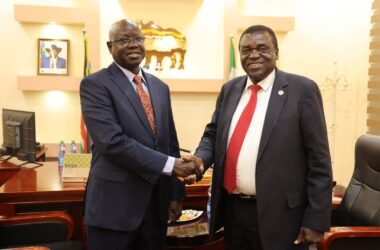By Manas James Okony
In a remarkable display of resilience and commitment to peace, over 500 returnees from the Greater Pibor Administrative Area (GPAA) journeyed into Jonglei State on June 2, marking a significant step in fostering inter-community relations in a region long marred by violence.
The event represents not only a moment of reuniting families but also a hopeful sign of healing between communities historically plagued by conflict.
For years, Jonglei State and GPAA have faced severe intercommunal discord characterized by cattle raiding, abductions, and violent confrontations.
These conflicts, which have their roots in competition for resources, territorial disputes, and historical grievances, have effectively isolated the two sisterly regions.
The continued unrest has disrupted trade, weakened social fabrics, and fostered a climate of fear, preventing populations from freely crossing into each other’s territories.
The violence in the region has deep historical roots, with significant outbreaks occurring during the civil wars in (South) Sudan, which began in 1955 and reignited in 2013.
These conflicts have exacerbated existing tensions and grievances among different ethnic groups, particularly between the Lou Nuer, Dinka and the Murle communities, who reside in Jonglei and GPAA.
Incidents of cattle raiding are often violent and result in loss of life, further entrenching the cycle of revenge and escalation.
Despite these challenges, the recent return of individuals to GPAA after dialogues facilitated by leaders signifies a yearning for reconciliation and coexistence.
In a press statement extended to No. 1 Citizen Daily Newspaper, Bol Deng Bol, the executive director of the civil society INTREPID South Sudan (ISS), said Jonglei State Governor Riek Gai Kok’s engagement with the returnees during their stop was a testament to his administration’s commitment to listening to the voices of the grassroots and providing a platform for dialogue.
He expressed admiration for the courageous steps taken by the people of GPAA and the warm welcome offered by the Bor Community Youth.
“This gesture underscores a collective desire among many to promote understanding and healing, rather than conflict,” Bol expressed.
As the region begins to tentatively embrace peace, the call for forgiveness, dialogue, and coexistence becomes ever more critical. It is crucial for both communities to engage proactively in discussions aimed at addressing root causes of violence and developing cooperative mechanisms for resource sharing and conflict resolution.
As he concludes, the civil society activist applauds Governor Riek’s efforts and encourages him, alongside his counterpart in GPAA, to strengthen collaborative frameworks that prioritize service provision and mutual support for the well-being of all residents in the greater Jonglei region.
Only through a collective commitment to peace can the communities begin to realize the promise of stability, development, and prosperity for their future.



